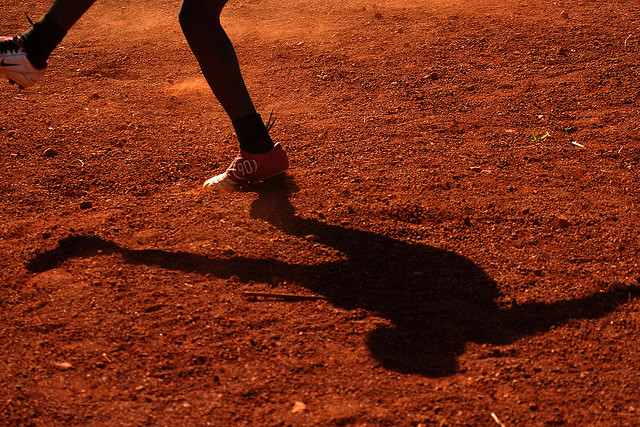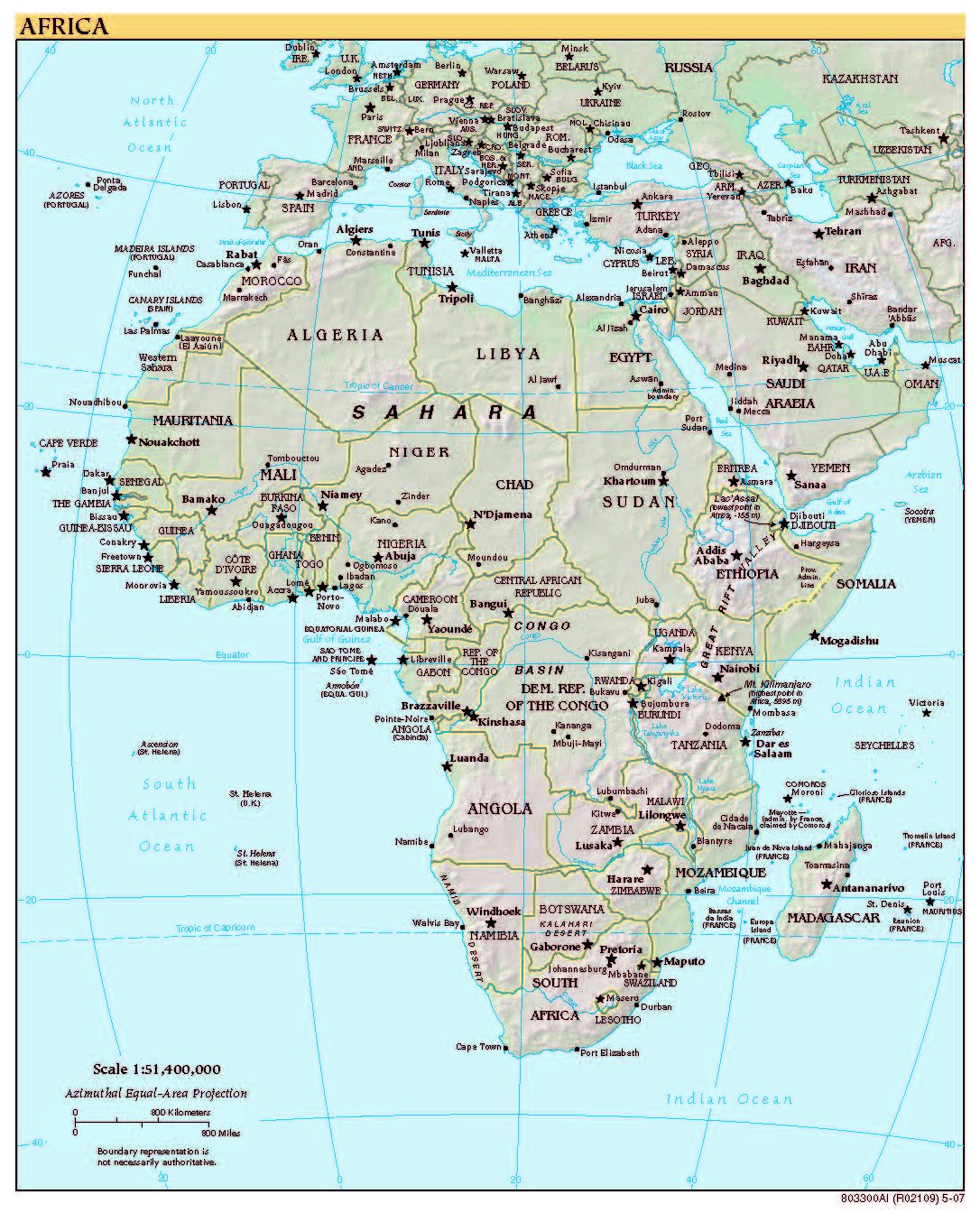In our second last instalment on nationalism, ethnicity and sport, SEN Journal: Online Exclusives is pleased to present a preview of Bea Vidac’s ‘Banal Nationalism, Football, and Discourse Community in Africa.
Abstract
The article argues that despite the continuing relevance of ethnicity, the idea of the nation has taken root among Africans. This is due to a combination of factors, including the universal ideology of the nation-state, the impact of the existence of such national borders on the imagination, and the influence of national symbols and icons, which naturalise the idea of the nation. Applying Michael Billig’s notion of banal nationalism to Cameroon, the article focuses on linguistic practices as well as on popular appropriations of national symbols as contributing factors to the creation and maintenance of national consciousness. The analysis of a call-in radio program broadcast on Cameroonian national radio during the 1994 FIFA World Cup illustrates that football created a discourse community that reinforced the idea of the nation both explicitly and implicitly. By participating in the debate, journalists and listeners alike – regardless of the tenor of their remarks – reinforced and further contributed to imagining the Cameroonian nation.


